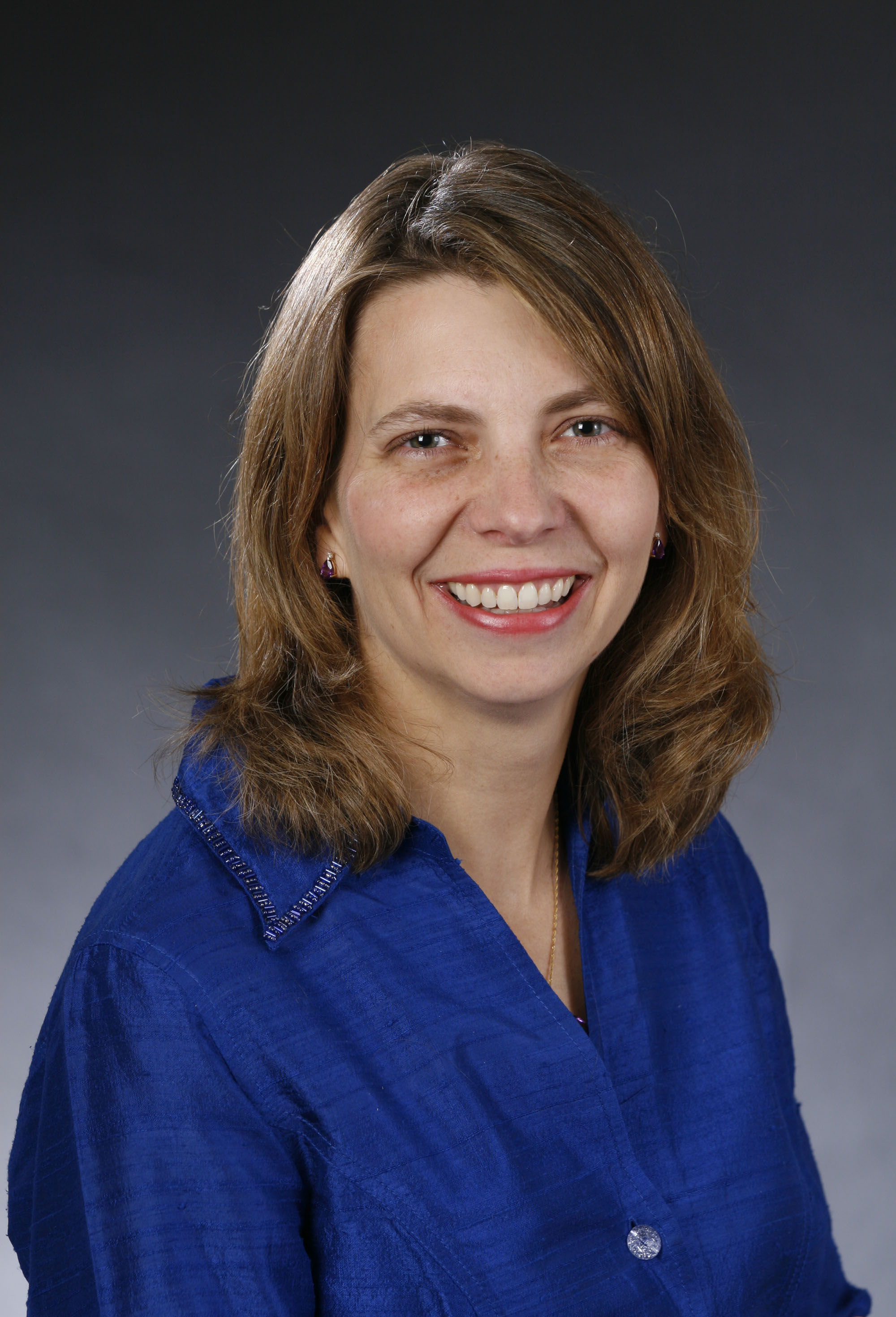12:00 PM - 2:00 PM Eastern
This course focuses on understanding 1) what aphasia is, 2) the mental health impact on the person with aphasia and their families, 3) becoming aware of the great need for mental health services and the current lack of resources, 4) how to communicate with someone who has aphasia in a therapy session.
The ability to communicate is a key function that allows us to connect with others and form and maintain relationships. Those who experience aphasia, a communication disorder typically resulting from stroke, lose this ability with far reaching impacts on mental health. Social isolation, loss of identity, depression, anxiety, suicidal ideation and other mood symptoms are common. Yet there are few resources available to help the over 2 million people who have aphasia in the U.S. Aphasia impacts not only the individual but also family and friends. It often leads to increased burden and stress in caregivers. Educating therapists about aphasia and its mental health impact, teaching supportive communication strategies and tools, and demonstrating how clinicians can support families living with aphasia is the goal of this presentation.
Carol Persad, Ph.D.
Carol Persad, Ph.D. is a Clinical Professor in Psychiatry and Adjunct Professor in Psychology at the University of Michigan. She is the Director of the Neuropsychology Program in Psychiatry, as well as the University Center for Language and Literacy in the Mary A. Rackham Institute, that houses the world renowned University of Michigan Aphasia Program which pioneered the intensive comprehensive speech and language treatment approach for aphasia. She has focused both her clinical and research work to understanding cognitive and underlying neurobiological changes associated with with aging and neurodegenerative disorders. She has been an investigator on a number of grants funded by the National Institutes of Health (NIH) and Dr. Persad has published numerous scientific papers and given dozens of conference presentations. In addition, she is involved in the training of Postdoctoral Fellows in Neuropsychology, as well as interns, practicum students and undergraduates in both clinical placements and research projects.

